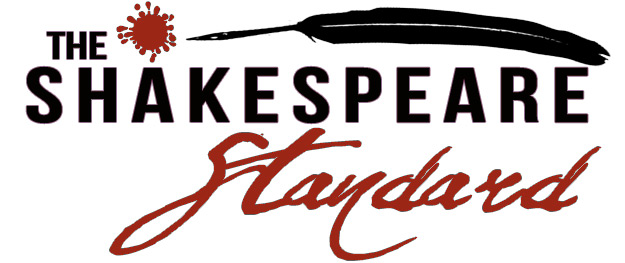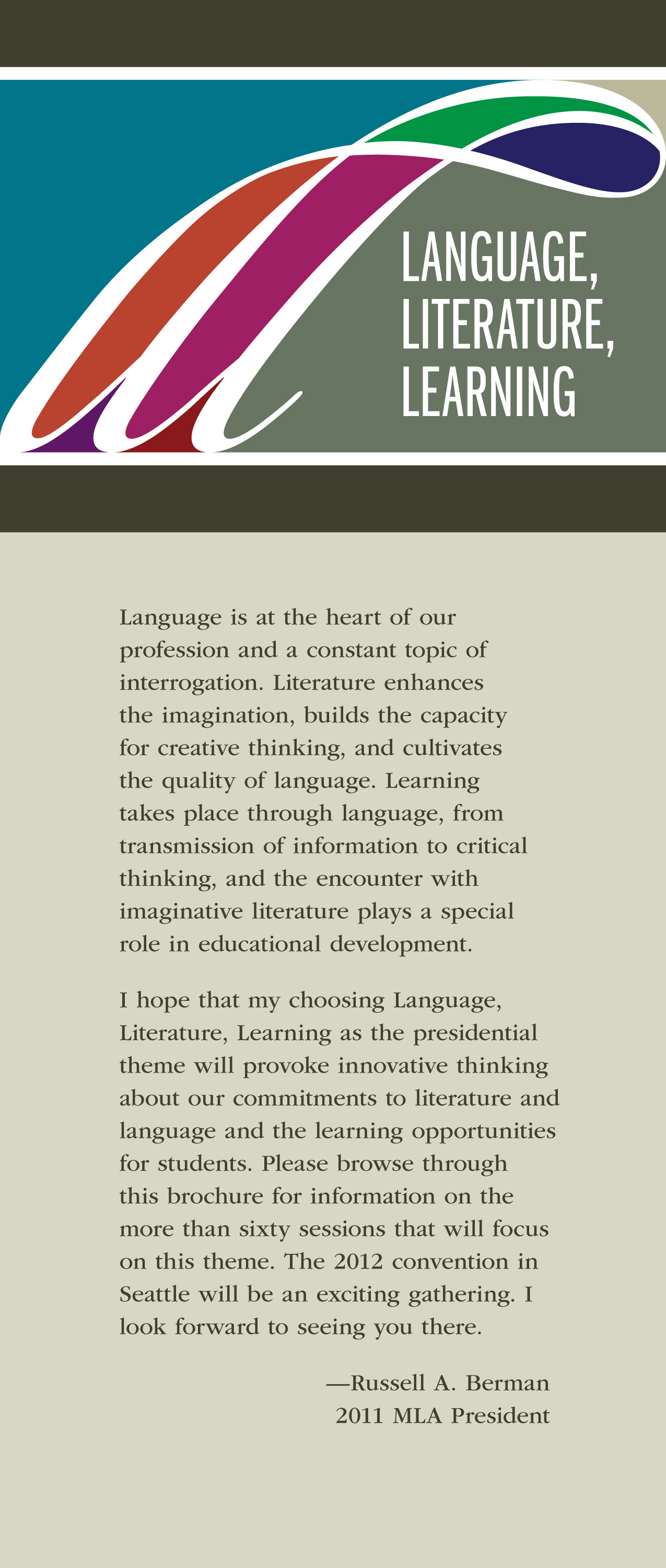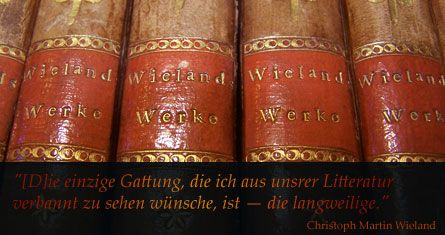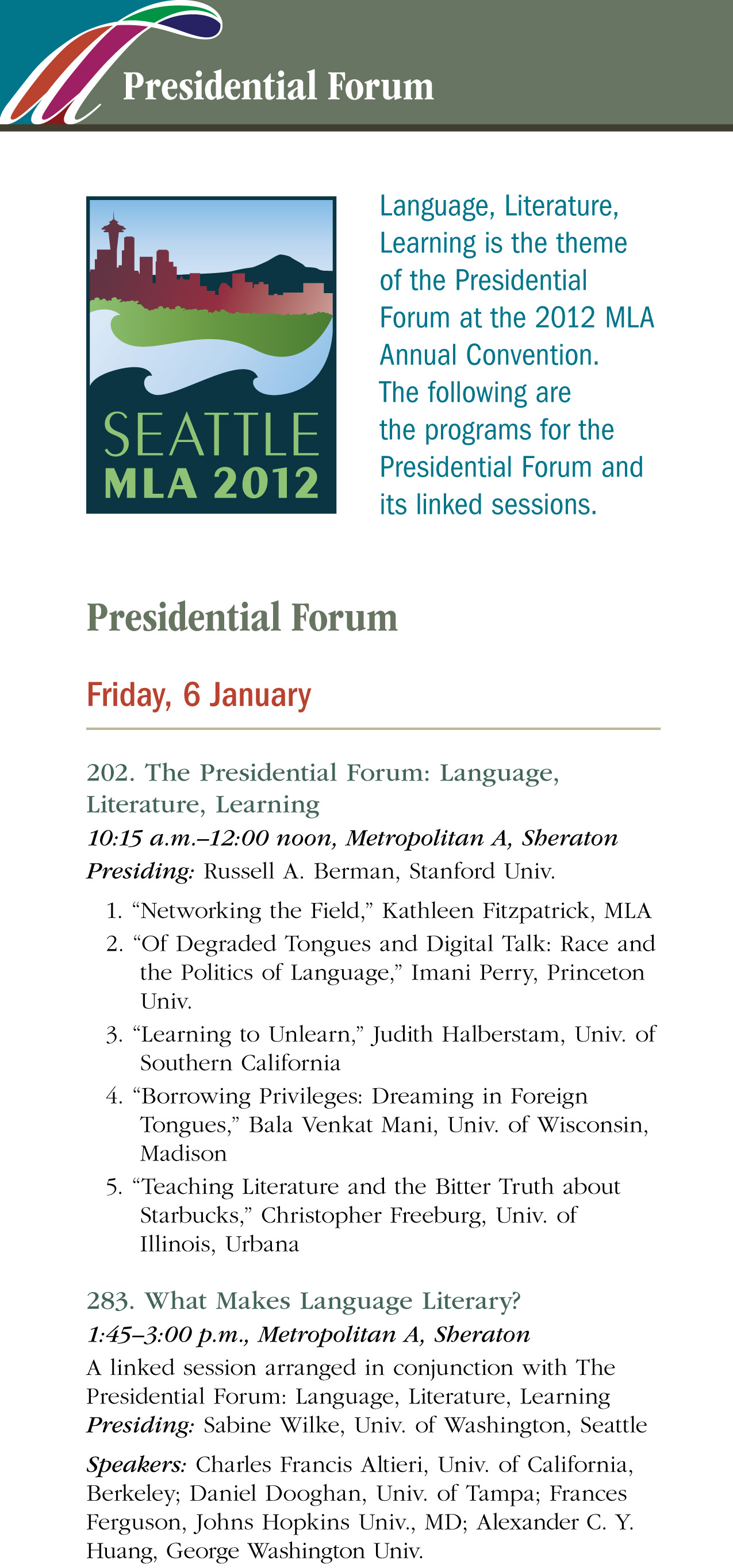This week, we are featuring Professor Alexander Huang’s 2012 Presidential Forum address entitled “What Makes Language Literary?” He is Founding Co-director of the Digital Humanities Institute, Director of Dean’s Scholars in Shakespeare Program, Director of Graduate Studies, and Professor of English, with affiliate appointments in Theatre and Dance, East Asian Languages and Literatures, and Elliott School of International Affairs. Professor Huang is research affiliate in literature at MIT. He is also part of the GW Medieval and Early Modern Studies Institute (MEMSI) and Sigur Center for Asian Studies. Professor Huang has written several books including: Chinese Shakespeares: Two Centuries of Cultural Exchange (winner of multiple awards including the MLA Scaglione Prize); Weltliteratur und Welttheater: Ästhetischer Humanismus in der kulturellen Globalisierung; Shakespeare in Hollywood, Asia and Cyberspace, co-edited with Charles Ross; and Class, Boundary, and Social Discourse in the Renaissance, co-edited with I-chun Wang and Mary Theis. He is co-general editor of The Shakespearean International Yearbook and chair of the MLA committee on the New Variorum Edition of Shakespeare, and has guest-edited special issues of the journals Shakespeare, Asian Theatre Journal, and Borrowers and Lenders: The Journal of Shakespeare and Appropriation. Professor Huang is also a co-founder and co-director of the ambitious, impressive, and comprehensive website Global Shakespeares. He recently gave a presentation on globalization and the humanities in the 21st century during a congressional briefing on Capitol Hill in Washington, D.C., to advocate for public support for the humanities.
What Makes Language Literary?
Presidential Forum
MLA, Seattle, January 6, 2012
Literary texts are often strangers at home. They defamiliarize what is part of banal experiences and everyday utterances while offering something recognizable through a new language and form. Shakespeare’s Hamlet contains a classic moment of the struggle between literary language and literal minded-ness. “Words, words, words” (2.2.192), says Hamlet, in response to Polonius’ question, “What do you read, my lord?” Tongue in cheek, Hamlet intentionally misreads the courtier’s question and provides answers that are then read by Polonius literally. “What is the matter, my lord?” Polonius presses on, elaborating on his earlier question by pointing to the subject matter of the book that the prince is reading. “Between who?” asks Hamlet. We might say that the matter between Polonius and Hamlet in this witty exchange concerns the relationship between language and literature.
What makes language literary? Are topicality and relevance part of the question? What might reconnect the study of language and the discursive knowledge of literature in a post-national age when communication is world-wide, instantaneous, and image-rich? The theme for this year’s convention, “Language, Literature, Learning,” suggests multiple contact zones between the three fundamental points of orientation for our profession: language in its varied forms, literature in cultural expressions and exchange, and the teaching of language and literature in broad historical contexts. The pairing of “language and literature” is more than a convention in academic institutions. Contrary to the society’s common perception of what we teach, language is not merely a vehicle with which literature pursues its own ends. It is no coincidence that modern critical theories emerged from Ferdinand de Saussure’s linguistic investigations of human communication, and that “literary linguistics” is now a field of study.[1]
Textual historicity makes language literary, and textual mobility makes language literary.
Let us begin with the first proposition: Historicity makes language literary. Over the past century, linguistics, formalism, and structuralism have taught us that, in accord with what Roman Jakobson argues in his decontextualized approach to language, literature tends to focus on the utterance and not necessarily its content. Through meter and parallelism, literary texts exploit fundamental rules of verbal behavior and call attention to the forms of expression. Unlike pigments that make up a painting or individual music notes that constitute a musical work (both of which are usually transparent to the audience), literary language draws attention to its form.[2] This is one of the functional explanations for literature’s deliberate lack of full interpretability, but it is inadequate when dealing with forces beyond the text proper.
While literature may be a function of language, language evolves with the mobility and deep indeterminacies of literary meanings. The historicity of narrative—which manifests itself in the text’s cultural specificity and social networks—gives shape to literary meanings. The literariness of historical, cultural, and social texts demonstrates significant connections between the logic of language and the character of narrative.[3] If by “literary” we mean deep indeterminacies of meanings, language becomes literary when it acquires the potentiality for diverse and shifting interpretations. We might say that Prospero’s epilogue in The Tempest is literary because it has acquired conceptual depth through interpretations and translations, but the will of “Wllm Shackspeare of Stratford upon Avon in the countie of warr [Warwickshire] gent” (1616) or the “Dutch Church Libel” of 1593 are not literary, though the will and the libel may have testimonial value or be of historical interest.
Let us now consider the second proposition: textual mobility makes language literary. The afterlife of a literary work in its varied translations (into different verbal and visual languages) also contributes to its literariness. In other words, the mobility of a text expands its ecological environment. The “linguistic hospitality” ensures that text’s presence over long periods of time.[4]
With this in mind, we can reframe the question of this roundtable as follows: What does translation tell us about the relationship between literature and language? Translation creates new vernaculars and gives rise to a global literary canon. Translating Hamlet’s “to be or not to be” speech into Japanese, for example, will require substantial rewriting, because Japanese does not have the verb to be without semantic contexts. Working with Japanese, a language more complex than English from a sociolinguistic point of view, a translator would have to wrestle with more than 20 first- and second-person pronouns to maintain the ambiguity and subtlety of gender identities in a play such as Twelfth Night. In addition to making the right choice of employing the familiar or polite style based on the relation between the speaker and the addressee, the male and female speakers of Japanese are each confined to gender-specific personal pronouns at their disposal. Before a translation can be undertaken, decisions will have to be made on the register and gendered expressions to convey Orsino’s comments about love from a male perspective and Viola’s apology for a woman’s love when in disguise as Cesario, or the exchange between Rosalind in disguise as Ganymede and Oliver on her “lacking a man’s heart” when she swoons, nearly giving herself away (4.3.164-176). But limitations create new linguistic and cultural opportunities.
Likewise, the opening brawl of Romeo and Juliet (1.1.18-26) presents an opportunity for innovation and self-censorship. Sampson boasts to Gregory that he will be a tyrant and cut off the maid’s heads after he wins the fight with the Montague, and the two quickly turn to wordplay about maidenheads. Sampson concludes that the maids shall feel him while he stands, and that “’tis known I am a pretty piece of flesh.”
Sampson: I will show myself a tyrant: when I have fought with the men I will be civil with the maids—I will cut off their heads.
Gregory: The heads of the maids?
Sampson: Ay, the heads of the maids, or their maidenheads, take it in what sense thou wilt.
Gregory: They must take it in sense that feel it.
Sampson: Me they shall feel while I am able to stand, and ’tis known I am a pretty piece of flesh (1.1.18-26).
Christoph Martin Wieland’s 1766 German version excised this scene in its entirety and begins with the encounter between Gregory, Sampson, Abraham, and Benvolio and the ensuing fight (1.1.29-). Along similar lines, Goethe’s 1812 adaptation of the play (based on Schlegel’s verse translation) presents a sanitized version, turning Romeo from a volatile youth to a more responsible man. References to the lovers’ bodies are replaced by purified language. Juliet’s comment to her nurse that she will die “maiden-widowèd” because “death, not Romeo, take [her] maidenhead” (3.2.135-137) is rid of the reference to virginity. Goethe’s Juliet says that death, not Romeo, follows her to her bridal bed. As for the wordplay about maidenheads between Gregory and Sampson, Schlegel did preserve the passage, but used “Jungfrau” (virgin) and “Jungfräulichkeit” (virginity) to translate the wordplay. Schlegel has Sampson say suggestively that the young women will feel the point of his sword (“die Spitze meines Degens”) until it becomes blunt (“stumpf”). Cao Yu, an accomplished modern Chinese playwright, diverted the attention from maidenhead to the action of cutting off the head, he used the verb gàn to activate the latent connection between violence and sex in Sampson’s words. Gàn has a very wide range of meanings from innocent daily usage to profanity, including to do, to get rid of, and to copulate. Other twentieth-century Chinese translators have come up with various ways to translate this passage, but they share a common problem with the wordplay, because “head” and “maidenhead” in Chinese do not have orthographic and phonetic connections. Zhu Shenghao used nipple to translate this, as the second character of naitou (nipple) is the same as tou (head). In Fang Chong’s revision to Zhu’s translation, the reference to head is excised. Sampson threatens to take the women’s lives and elaborated that he might as well take their virginity which they cherish as much as their lives. Once on the move—across different realms of signification—daily utterances become literary.
By asking what makes language literary we are probing the very foundation of our profession, which will enable us to rebuild it in a time when higher education and particularly the humanistic disciplines are under attack. We will do so by teaching about translation, by teaching with translation, and by teaching against translation.
Professor Huang is a frequent contributor to and collaborator with The Shakespeare Standard’s “A Great Feast of Languages/ Global Shakespeare News” Saturday feature. We have previously interviewed Professor Huang about Global Shakespeares for a two-part interview: the 16 February edition of “A Great Feast of Languages” and the 2 March edition; Josh Magsam reviewed the Global Shakespeares digital archive for the 23 February edition of “A Great Feast of Languages | Exploring the MIT Global Shakespeares Site | Global Shakespeare News.” Next week, on June 22, he will share his recent Congressional Briefing “Globalization and the Humanities in the Twenty-first Century.”
The Shakespeare Standard is an online Shakespeare forum dedicated to bringing the online community Shakespearean news about performance, scholarship, and multimedia every day. Please join us here at our site or on Facebook or Twitter to discuss the latest things of interest in Shakespeare news. If you would like to share more information about a Global Shakespeare or non-Anglophone Shakespearean production, film, website, etc., please email me at colleenekh@gmail.com with the subject line “Global Shakespeare.”
[1] Nigel Fabb, “Linguistics and Literature,” The Handbook of Linguistics, ed. Mark Aronoff and Janie Rees-Miller (Oxford: Blackwell, 2001), pp. 446-465.
[2] Richard Wollheim, Painting as an Art (Princeton: Princeton University Press, 1987),
[3] Louis A. Montrose, “Professing the Renaissance: The Poetics and Politics of Culture,” Veeser (1989): 15-36; Hayden White, “The Historical Text as Literary Artifact,” in The Writing of History: Literary Form and Historical Understanding, ed. Robert H. Canary and Henry Kozicki (Madison: University of Wisconsin Press, 1978), pp. 41-62; Hayden White, “Historical Pluralism,” Critical Inquiry 12.3 (1986): 480-493.
[4] Paul Ricoeur, On Translation. Trans. Eileen Brennan (London: Routledge, 2006), xii-xiii.










